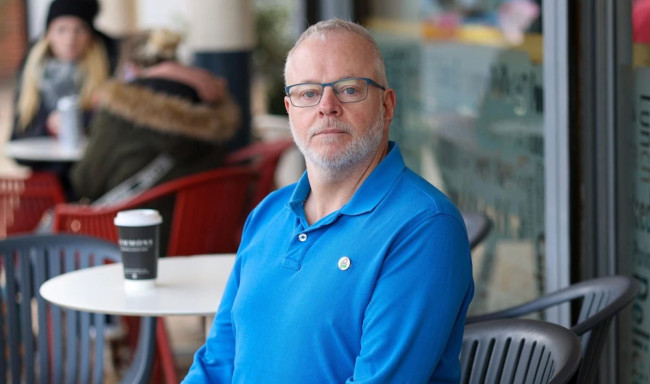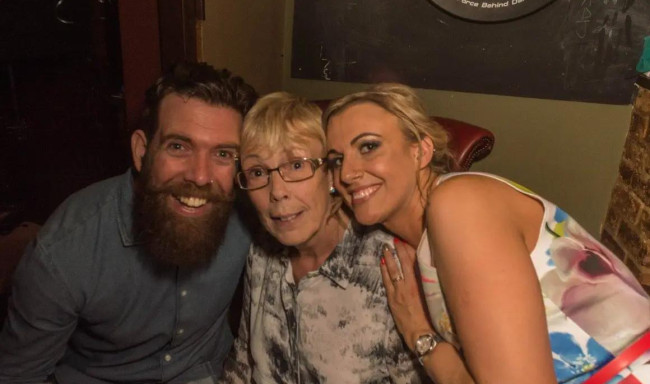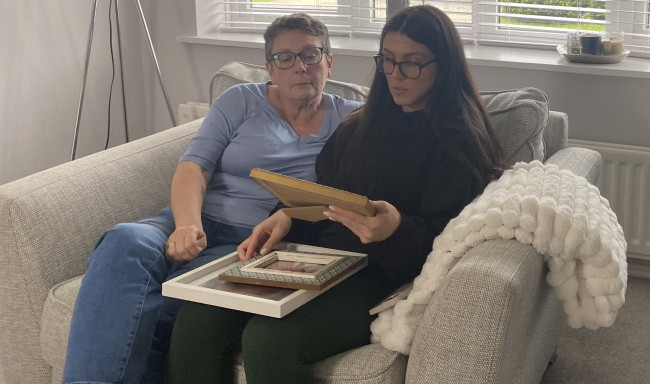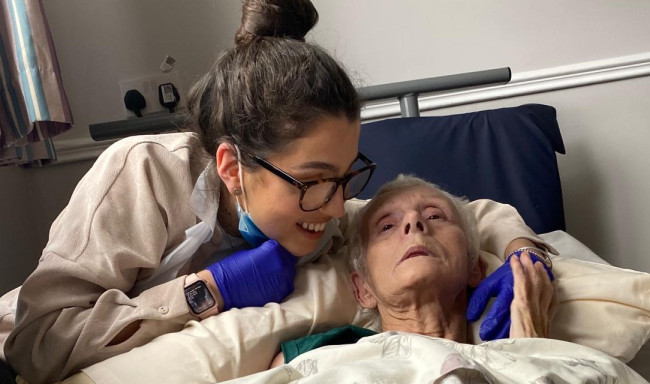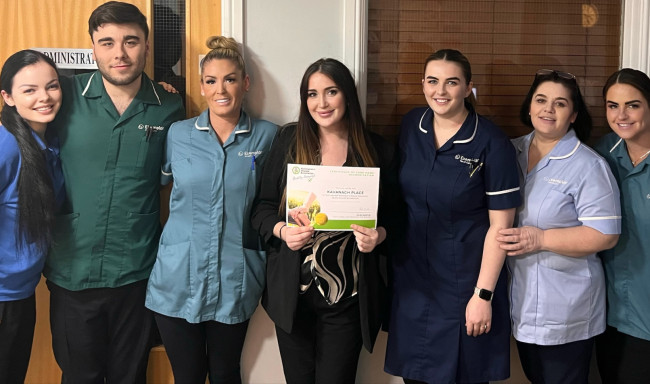Chris explains the benefits of his Specialist Adviser speaking with his manager about Huntington's disease.
After Chris started to show symptoms of Huntington's disease he decided that it was time to speak to his workplace about how this might affect him. Chris has a positive test in 2006, became symptomatic in 2017 and first spoke to his manager in early 2018.
Chris worked as a support worker looking after 120 residents. His main focus was pastoral support for them and the staff. He also visited children’s centres and hostels locally and organised events for residents.
I was trying to plan visits to all these locations and organise events ranging from regular courses/support for residents to national play day and parties at children’s centres. This is when I felt my Huntington's affected my planning and I was becoming distant and removed. Hiding away because of anxiety which was not great in such a people-focussed role.
The idea of sharing something so personal with your employer can be daunting but it is just one of the ways that your adviser or our digital resources can support you with this process. Chris decided that it was best to have his adviser meet with his manager to explain about the disease and ways in which they could support him in order to keep him in his role as long as possible.
My manager spoke to my Specialist Adviser from the Huntington's Disease Association and she went to our Head Office and met him first. They had an honest and frank discussion around Huntington's disease. She was able to speak in a way that didn’t come from a medical or scientific point, but rather the practicalities and human cost and change in me.
As part of his job Chris used his own car plus the vans and minibuses that were used for the homes and events. These were covered through business insurance but after speaking to his employers about the symptoms, the insurance became very expensive.
I had a workplace assessment at a local hospital. Following this my adviser was involved with HR around reasonable adjustments. There were legal requirements regarding driving company vehicles and insurance implications.
Chris knew that he was a valuable asset in his job and his manager helped in every way that he could to keep him in post for as long as they could. They funded his position for an additional six months to allow him to carry on without pressure or expectation and to say goodbye to those he had supported over his time working there.
I know that she always acted with my best interest at heart and her advocacy gave me a voice. She was impartial with work and the realities of how to cope/understand the ups and downs of having me as a member of staff. The whole process was very open and my adviser's support went beyond what I thought. She was spoken so highly of by my employer - both on a personal and professional level. I owe her a debt of thanks that I don’t think I’ll be able to repay.
Thank you to Chris for sharing his story with us.
If you would like to speak to someone about your Huntington's disease status and employment you can call our helpline on 0151 3315444 or you can visit the support near you section and find your local adviser.

